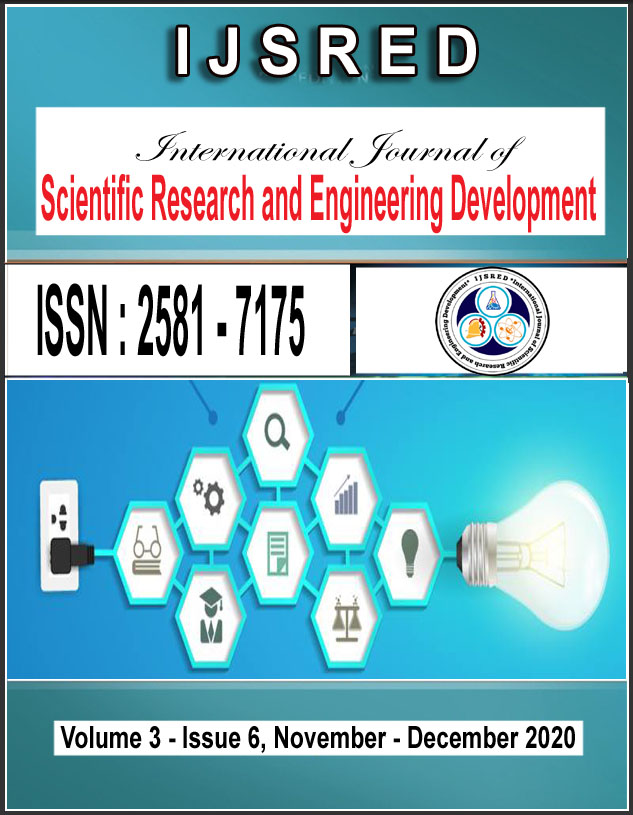 |
International Journal of Scientific Research and Engineering Development( International Peer Reviewed Open Access Journal ) ISSN [ Online ] : 2581 - 7175 |

The Role of Flexibility and Adaptability in Achieving Functional Efficiency in The Informal Hosuing Context in Egypt
 |
International Journal of Scientific Research and Engineering Development (IJSRED) | |
| Published Issue : Volume-3 Issue-6 | ||
| Year of Publication : 2020 | ||
| Unique Identification Number : IJSRED-V3I6P44 | ||
| Authors : Mohamed Alboghdady, Osama Abdel Hadi | ||
Abstract :
Egypt, as one of developing countries in the world has a massive population growth and a deficit in the housing supply for the low income people. The recent public Housing programs in Egypt have a design tendency of the prototypical and a preconceived housing blocks thatwere built according to minimum space requirements. The planning system of the public housing has a "top-down" approach with the imposition of conventional housing schemes resulted in the dissatisfaction of the housing units. The expansion of informal areas and the relatively affordable housing blocks attracted most of the middle-income people and small families to build their homes. Flexibility is a prominent consideration in the design of housing to be socially, economically and environmentally viable. The research investigates flexibility aspects in the built-up homes in the informal housing context in Egypt. Flexible housing responds to inhabitants’ needs throughout time. In other words, it evolves from the change in residents’ requirements and needs over time. The aim of this research is to review different methods and techniques to achieve flexibility and the potential of creating functional efficacy in the housing spaces. To achieve this goal, the research reviews the terminologies of flexibility, adaptability and the related concepts, it also review the prominent international case studies in flexibility in the twentieth century to discover the different methods and techniques of the architects.The research investigates flexibility in two case studies regarding Dutch housing, this study aims to understand how interrelated space planning provides spatial arrangements to achieve an efficient spatial configuration. Spatial organization is briefly illustrated to understand how functional efficiency can contribute to achieve flexible housing. Finally, the spatial organization is believed to contribute to placing spaces according to their proposed function by creating a multilateral relationship that responds to the inhabitants’ ever-changing needs.
